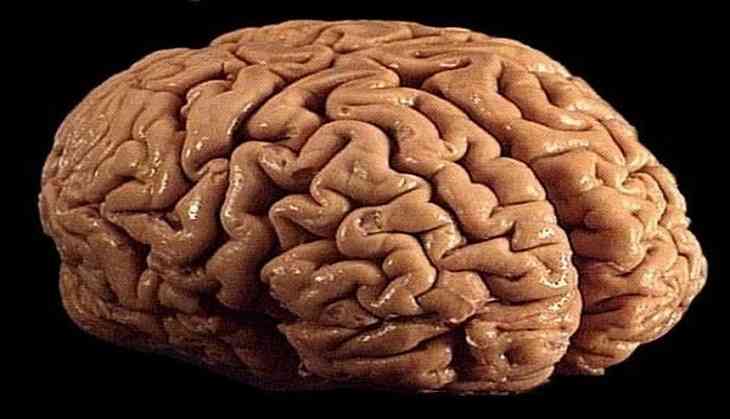
A team of researchers has recently suggested that a drug - donepezil - is most likely to enhance concentration, memory, alertness and moods in patients with Alzheimer's dementia.
The study also found that the patients, who took donepezil, were more likely to experience side effects including nausea, vomiting and diarrhea than those who received a placebo.
Lead author Dr Andrea Tricco from Li Ka Shing Knowledge Institute of St. Michael's Hospital in Canada said that Alzheimer's dementia is the most common form of dementia in North America and most people who have moderate to severe Alzheimer's will be on these medications.
"This analysis will give both patients and clinicians a full picture of how each of these drugs will likely affect their cognition, as well as their overall health," Tricco added.
Although there have been previous reviews of the safety and effectiveness of cognitive enhancers in treating Alzheimer's dementia, the authors said this was the first to rank their comparative safety and effectiveness.
They used network meta-analysis from 142 clinical trials of four common cognitive enhancers administered alone or in combination published between 1996 and 2015.
The number of patients in each study ranged from 13 to 2,045 and the review evaluated a total of 33,889 patients.
The team compared the safety and effectiveness of any combination of donepezil, rivastigmine, galantamine or memantine in treating moderate to severe Alzheimer's dementia.
The findings indicated that 'Donepezil' was likely the most effective medication for Alzheimer's dementia across all effectiveness outcomes, including cognition, behaviour and overall health.
Although there was no significant risk of serious harm, falls or reduced heart rate was associated with any of the medications in the study, the data was limited on these specific outcomes.
The research appears in the Journal of the American Geriatrics Society.
-ANI


